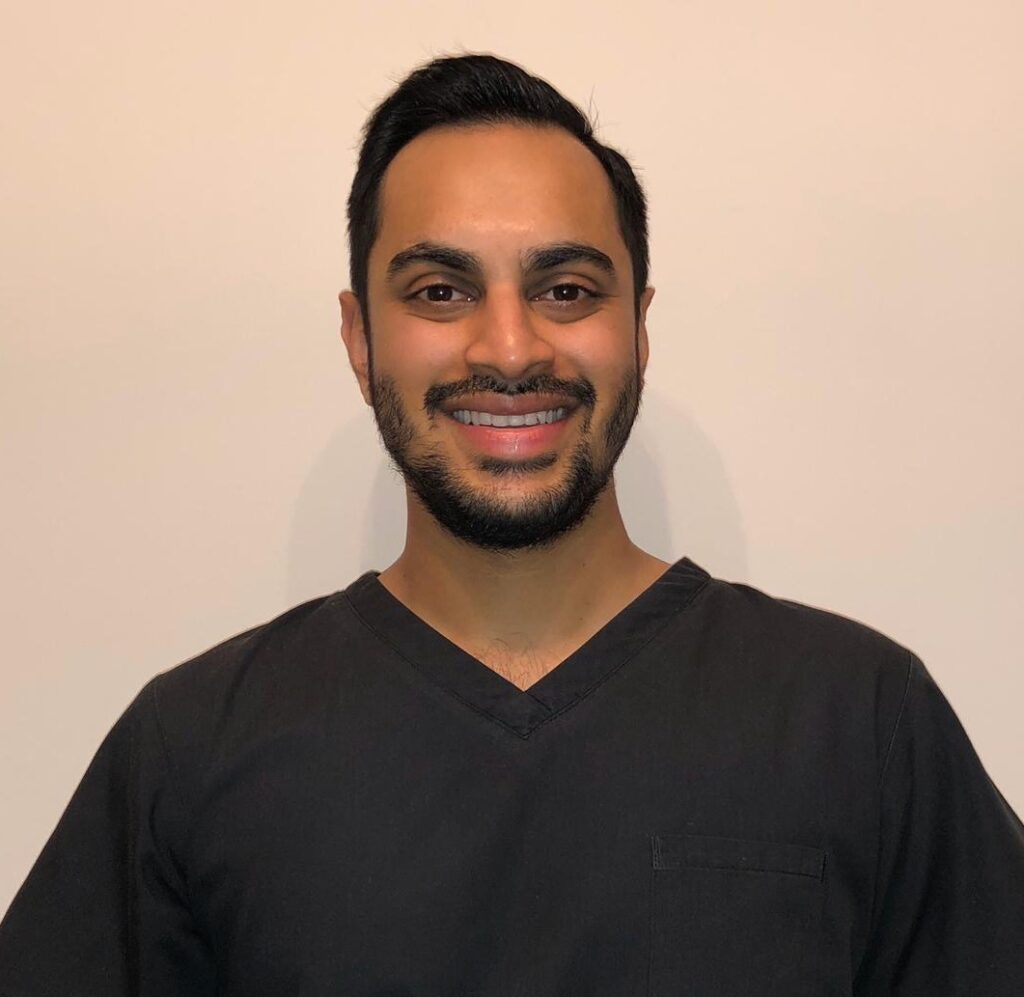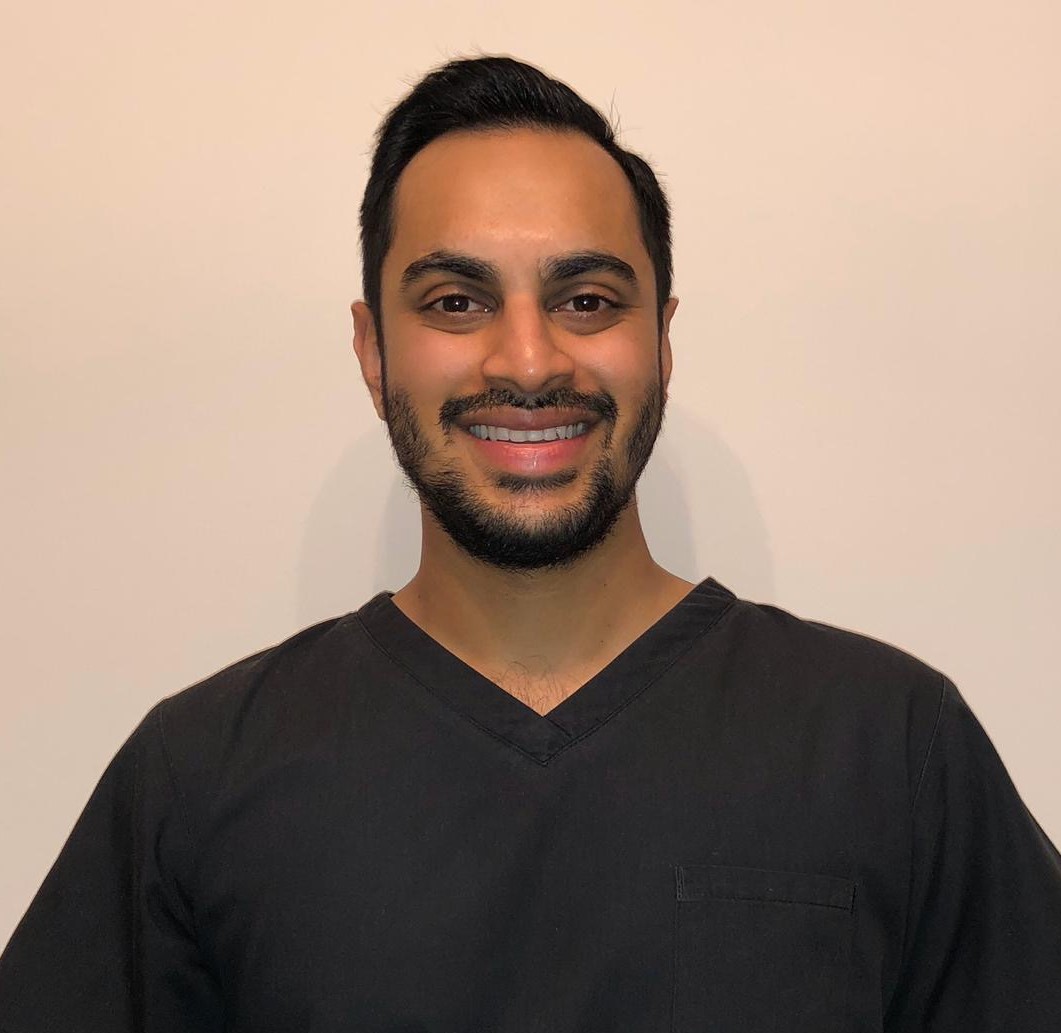Dr Khush Shah, General Dental Practitioner, delivers three pieces of vital advice to help you tackle life in general practice.

I graduated from King’s College London in 2016 and completed my Dental Foundation Training in Birmingham. During Foundation Training, I was in two minds as to whether I wanted to move back into hospital or continue life as an associate dentist. In the end, after speaking with numerous people and seeking advice on the matter, I chose not to apply for DCT and have been working as an associate since. Reflecting upon this decision, I have not regretted it at all.
The step into General Dental Practice as an Associate can be very daunting to take. Having been sheltered at Dental School and then having the presence of an Educational Supervisor safety net, people can find themselves very isolated when they choose to move into general practice (over the more structured hospital route). Couple that with the added pressure of striving to achieve a UDA target or embarking upon more complex private treatment plans, this will all add up to more stress in one of the most stressful professions in the UK.
I have three key pieces of advice to help you tackle life in practice:
- Set yourself realistic goals: Specify timeframes, self-reflect and adjust your goals accordingly.
- Surround yourself with people who will help you achieve this
- Develop and invest in yourself: Don’t think twice about the expense of a good pair of loupes, a DSLR camera or a highly recommended course you’re considering, as you will reap the benefits of these without a doubt.
1. Realistic goals
My biggest piece of advice would be to plan where you would like to see yourself in 5, 10, 15 years and at the end of your career. With goal setting – AIM BIG – but plan your smaller steps to achieve this. Everyone is different, which is why it is so important to take the time to personalise your Personal Development Plan. It is easy to say you want to “produce the best dentistry for your patients” or “run a successful practice”, however these are too generic. Specificity will help you identify weaknesses and develop strategies to improve these, highlight your strengths and allow these to flourish, but most importantly enable you to work towards the final goal you have set yourself. Learning which methods of self-reflection work for you, is a vitally important part of this, as it will give you scope to amend these goals as you progress.
2. Develop a peer support network
It is important to surround yourselves with like-minded individuals. This will form the basis of your peer support network. This can be through horizontal integration, with colleagues of similar experience, or vertical integration by finding a mentor to support and advise you. Not only does this allow you to discuss how to handle different situations, it provides you with a channel of communication to share any problems or anxieties that you may have. However, it is also crucially important that you are not comparing or competing with your peers. This can have a hugely negative impact on one’s self-confidence as it is much easier to compare your weakest traits (e.g. molar endodontics) and forget about your strengths (e.g. your attention for detail when producing secondary anatomy on a composite restoration).
3. Develop and invest in yourself
There is an increasing array of postgraduate courses available and this can make it difficult to narrow down which would be most suitable for you. They have been set up to target a demand from young dentists where there are gaps in the undergraduate teaching curriculum. There are many deciding factors to look at: level of hands-on experience, post-nominal accreditation, number of contact days, individuals teaching the course. These elements will be valued differently by all; however, it is important that the right course is chosen for YOU.
People will advise you to do as many courses as you can early on, or in contrast not to dive into a postgraduate course too soon in order to build up clinical experience that will be directly relatable to the course that you plan to undertake. In hindsight, there is no right or wrong answer to either of these and it depends on how best you learn (i.e. theoretically or practically). What is very clear to me, however, is that if you pick the right course, you will be investing in yourself in a way where the rewards will speak for themselves. Do your research, ask other people about courses they have been on and decide which will best suit you.
Author bio

I qualified from King’s College London in 2016. I completed my Dental Foundation Training Scheme in Birmingham. Since then I have been working full-time as a dental associate in a mixed practice.
I completed my MJDF qualification in 2017 and have continued my postgraduate training by currently undergoing both a restorative and an implant course.
This student advice blog was originally published by FGDP(UK) in November 2019 and has been republished by the College of General Dentistry with the author’s permission.


